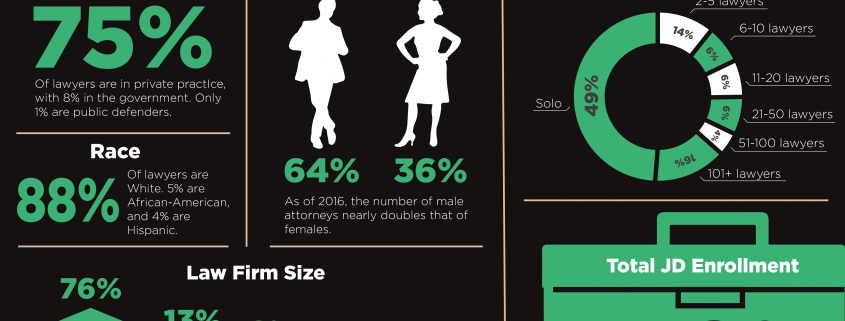The Payment Of Proof In Criminal Protection: Trick Points You Required To Understand
The Payment Of Proof In Criminal Protection: Trick Points You Required To Understand
Blog Article
Created By-George Bright
When you consider criminal defense, proof is often the first thing that enters your mind, and completely factor. It's the structure whereupon your case stands, forming the narrative and influencing the jury's assumption. Various sorts of proof, from physical to digital, each play a distinct role in developing a protection. However not all proof is treated similarly; admissibility criteria can make or break your defense strategy. Understanding these nuances is crucial, specifically when thinking about how they can influence the end result of a test. So, what should you learn about these criteria?
Types of Evidence
When it involves criminal defense, understanding the types of evidence can make all the difference in your case. Proof falls under a number of groups, each playing a vital duty in developing the facts of your circumstance.
One common kind is testimonial proof, that includes declarations made by witnesses. Their accounts can supply understanding right into what took place and can either sustain or test the prosecution's cases.
Physical evidence is one more critical kind, incorporating concrete items like tools, clothes, or finger prints. This sort of proof can directly connect you to a crime or assistance negate allegations against you.
After that there's docudrama proof, which includes records, photos, or any kind of written materials essential to your situation. These files can supply a timeline or context that's crucial for your defense.
Finally, you can not ignore digital evidence, which includes information from smartphones, computer systems, or social media sites. This kind of proof can expose crucial info about your activities or interactions.
Admissibility Requirements
In criminal defense, the admissibility of evidence is critical to your instance's result. You'll need to comprehend the standards that figure out whether evidence can be used in court. Typically, evidence should matter, reputable, and obtained lawfully to be taken into consideration acceptable.
Relevance means the evidence has to directly connect to the case and assistance show or negate a truth at issue. If it doesn't link to your defense or the charges versus you, it may be left out.
Integrity makes sure that the evidence is reliable and trustworthy; for instance, eyewitness testimony can be cast doubt on if the witness has a history of unreliable accounts.
In addition, evidence has to be gathered based on legal treatments. Any proof gotten with prohibited methods, such as an illegal search or seizure, may be considered inadmissible under the exclusionary regulation.
Recognizing these standards can equip you to function successfully with your lawyer. They'll browse the intricacies of these rules to enhance your protection, making certain just the best evidence exists in your favor.
Constantly bear in mind, the admissibility of evidence can dramatically affect the court's understanding of your situation.
Influence On Protection Techniques
The admissibility of evidence straight shapes your defense methods. When evidence is deemed acceptable, you can utilize it to build a strong instance. On the other hand, if proof is ruled inadmissible, you require to pivot your strategy. Understanding what https://www.npr.org/2022/03/18/1087579255/why-do-so-few-public-defenders-become-judges can provide aids you expect their arguments and prepares you to counter them efficiently.
You'll want to focus on event evidence that sustains your defense. This could include witness declarations, professional testament, or papers that challenge the prosecution's claims. The objective is to produce affordable doubt psychological of the jurors. If certain items of evidence are weak or controversial, you might think about a method that stresses other strong facets of your case.
Additionally, the kind of evidence-- whether it's forensic, testimonial, or electronic-- will certainly determine how you connect your protection. You'll need to craft compelling stories that resonate with the court while making use of acceptable proof to back up your insurance claims.
Ultimately, your approach needs to be adaptable, allowing you to adapt as brand-new proof comes to light or as rulings are made. Each decision you make should line up with the objective of ensuring the best possible end result for your case.
Conclusion
In criminal protection, evidence plays a pivotal duty in shaping your situation. By comprehending the different types of proof and their admissibility standards, you can enhance your protection approach and create affordable uncertainty in the minds of jurors. Teaming up carefully with your legal advice guarantees that your evidence is presented efficiently and adapts to any type of brand-new advancements during the test. Ultimately, the right proof can make all the distinction in attaining a beneficial end result.
